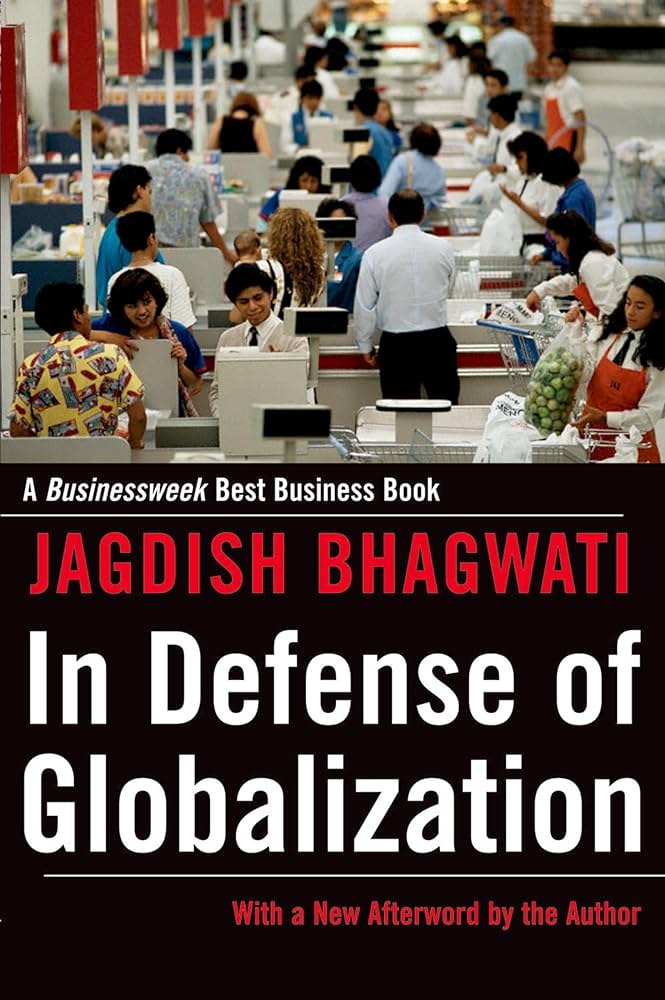
Why is something known as a global public good, the opportunity to trade and gain more from it, something that has to be defended? Globalization is indeed such an irony. But it is an irony that is also a reality: Globalization can supplant and disrupt the carefully created political economy of various countries. It can destroy jobs by forcing university graduates and professionals alike to keep upgrading their skillsets. In fact, it has been said that on average, a person would have to change jobs 15 times; 14 of which would cease to exist in his or her lifetime. With Google producing “driverless” cars, complete with Waze and Global Positioning Systems, the world is indeed changing beyond what globalization is producing, but aided and abetted by automation, digitalization, deregulation, and democratization..
Jagdhish Bhagwati, a professor in economics in Columbia University, who used to be the advisor to the Director General of the General Agreement on Trade and Tariffs (GATT), that has since morphed into the World Trade Organization (WTO), believes that all should come under the rubric of the latter orWIPO (World Intellectual Property Organization), if rules and regulations are to be set at all. Indeed, he is calling for a cessation to all efforts to add more to the spaghetti bowl of Free Trade Agreements (FTAs).
If anything, one should not be heading in the direction of creating North American Free Trade Agreements (NAFTA), or Trans Pacific Partnership Agreement (TPPA). All these will lead to trade diversion and reduction, not global gains. More importantly, Jagdhish Bhagwati argues that those scholars who argue that globalization isn’t working are wrong.
Globalization has raised the living standards and livelihood of billions of people; China’s integration into the global economy being a perfect example. But globalization requires the support of local and national governments.. They cannot be cutting back on health and education budget when these two budgets are crucial to the wellbeing of the people.
